Central government agencies handled tens of thousands of suggestions and proposals made by national legislators and political advisers over the course of last year, which led to measures being taken on issues such as overpriced COVID-19 medication, food security and technological innovation, officials said on Tuesday.
State Council Information Office spokeswoman Xing Huina said in 2022 departments of the State Council, China's Cabinet, managed 8,721 suggestions proposed by deputies to the National People's Congress, the national legislature, and 5,865 proposals made by members of the Chinese People's Political Consultative Conference National Committee, the country's top political advisory body.
The agencies adopted around 4,100 suggestions and proposals, which were turned into 2,100 relevant policies or measures, she told a news conference in the run-up to the two sessions, the annual meetings of the NPC and the CPPCC, which open on March 5 and 4, respectively.
While speaking at the news conference, Lin Xin, a senior Communist Party of China official of the Ministry of Science and Technology, said the ministry received more than 100 suggestions and proposals last year aimed at advancing innovation-oriented reforms.
"Many are very pertinent, targeted and instructive," she said.
"We have studied them carefully, communicated with lawmakers and advisers, and adopted them in our work."
Lin noted that reform is key to bolstering innovation and is treated as a priority of the ministry's work. The suggestions it received last year had led to measures being taken in areas such as resource allocation, talent training and the protection of intellectual property.
The State Administration for Market Regulation handled a total of 15 suggestions and proposals, which were all adopted, said the administration's Deputy Head Tian Shihong.
He said that in the spirit of the advice, the administration launched a special campaign to deal with issues such as overpricing involving Ibuprofen and Lianhua Qingwen capsules, as well as antigen test kits for COVID-19, which were temporarily in short supply when Omicron-fueled outbreaks swept across China last year.
The administration conducted investigations of the profit margins of many pandemic-related products in an attempt to "analyze the causes of inflated prices, explore a reasonable price formation mechanism, and maintain a fair market environment and competition", Tian added.
Wei Baigang, spokesman for the Ministry of Agriculture and Rural Affairs, said the reliance on imported oil crops such as soybeans had been a focal point of lawmakers' and advisers' attention last year.
He said their advice had led to progress such as expansion of the growing areas for soybeans and rapeseed.
"This year, we will further intensify our efforts and continue to expand soybean and rapeseed planting," he told the news conference.













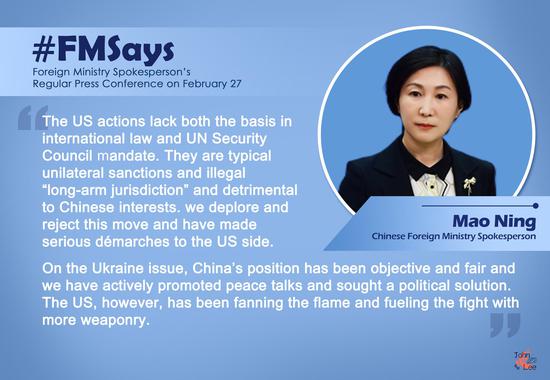
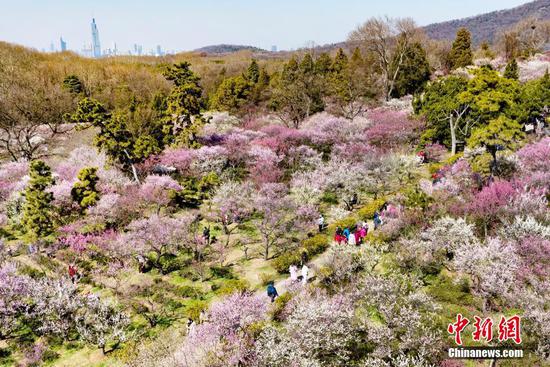
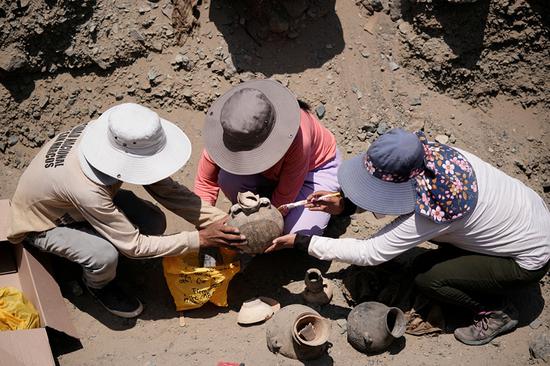
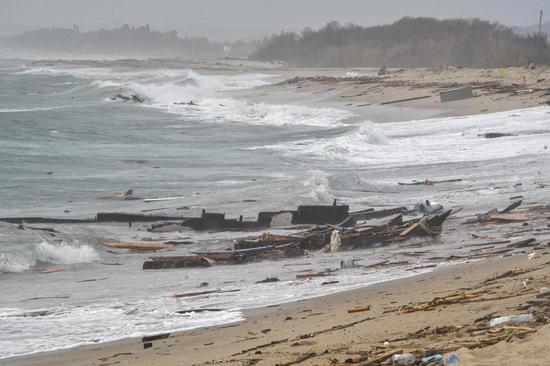
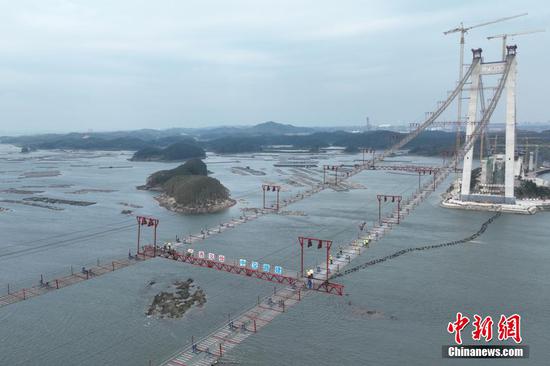



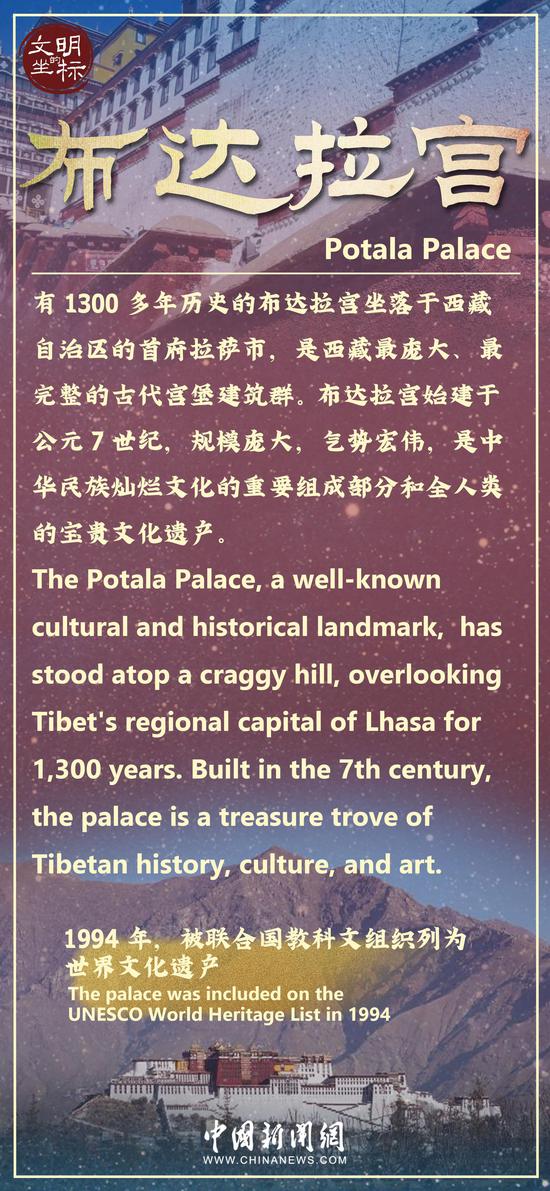
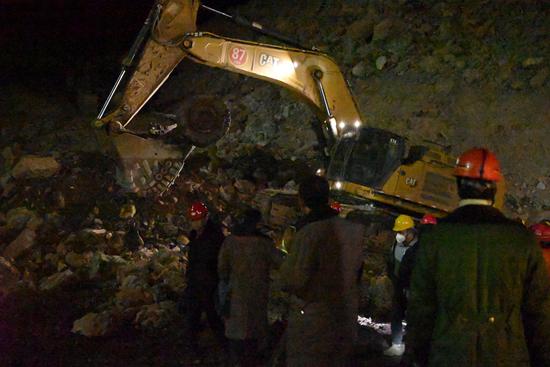
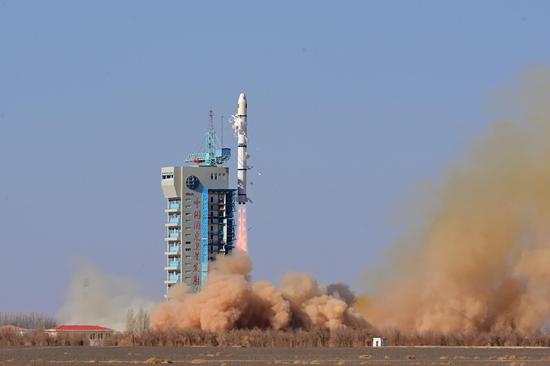
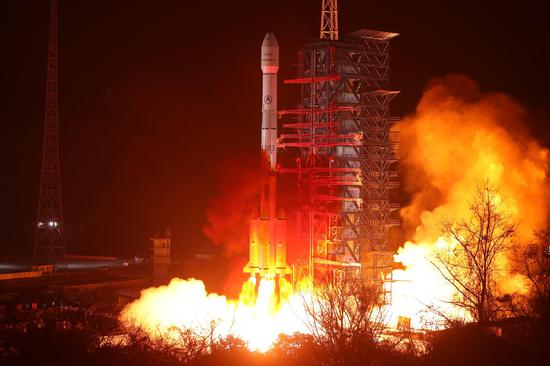
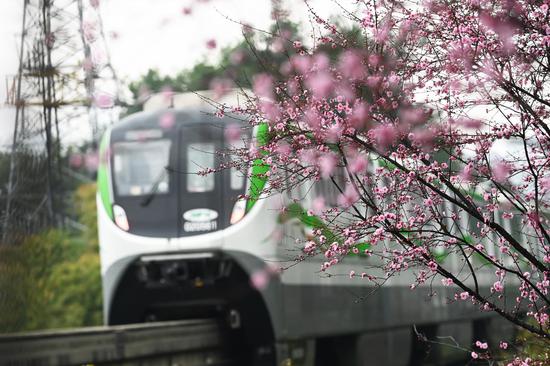

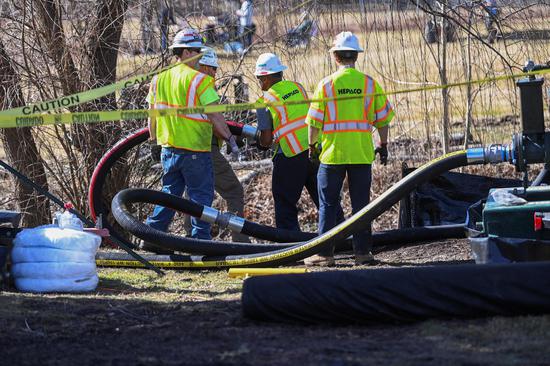
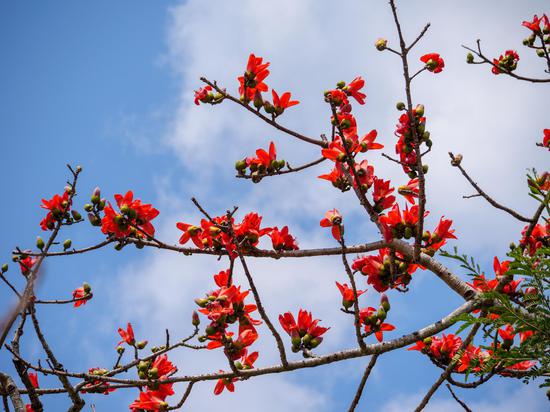
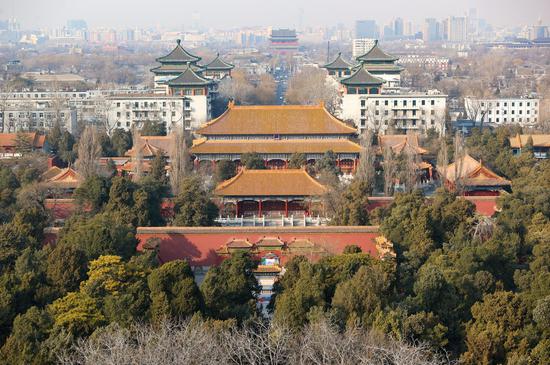
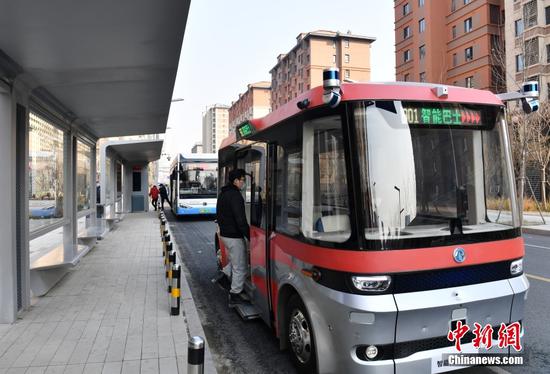

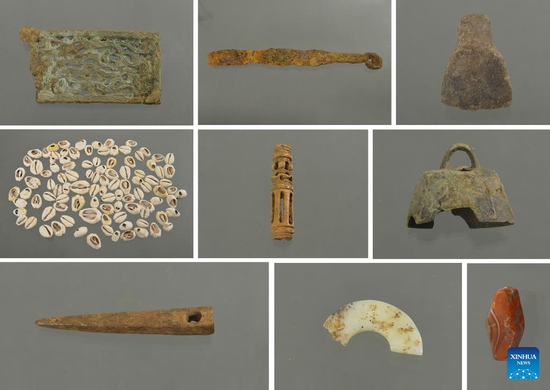
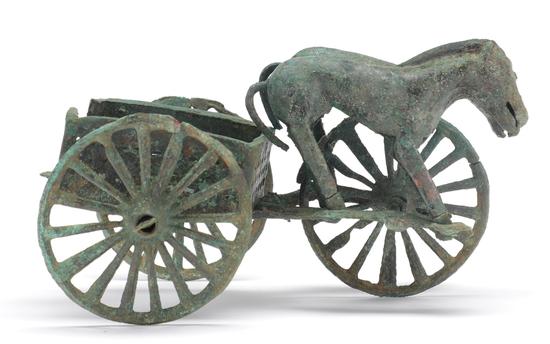
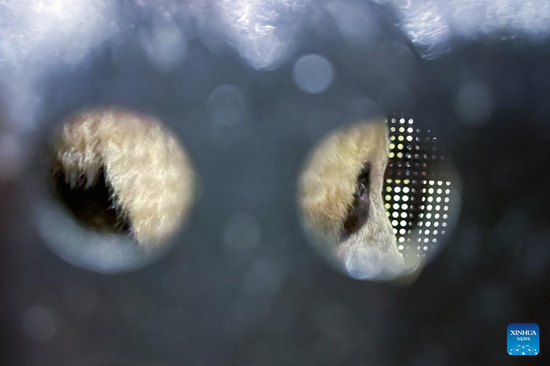


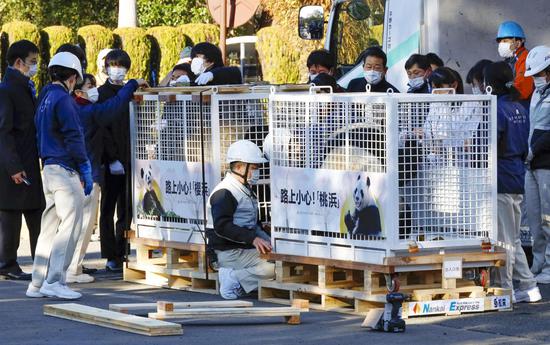
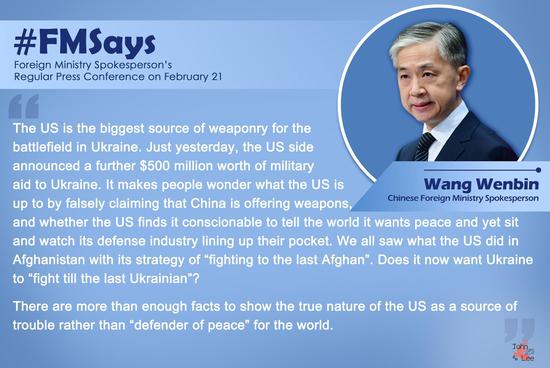

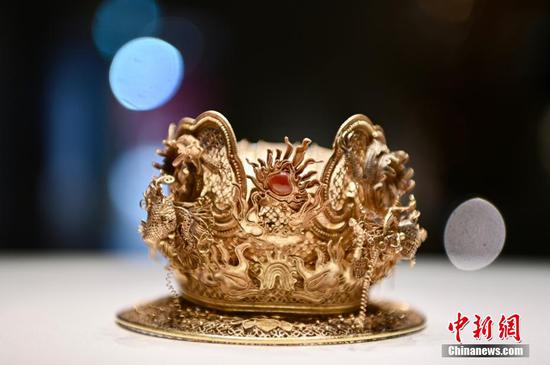
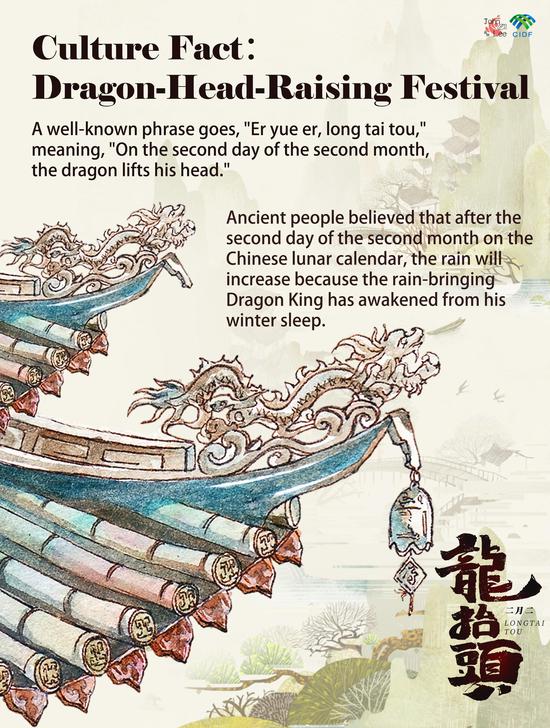
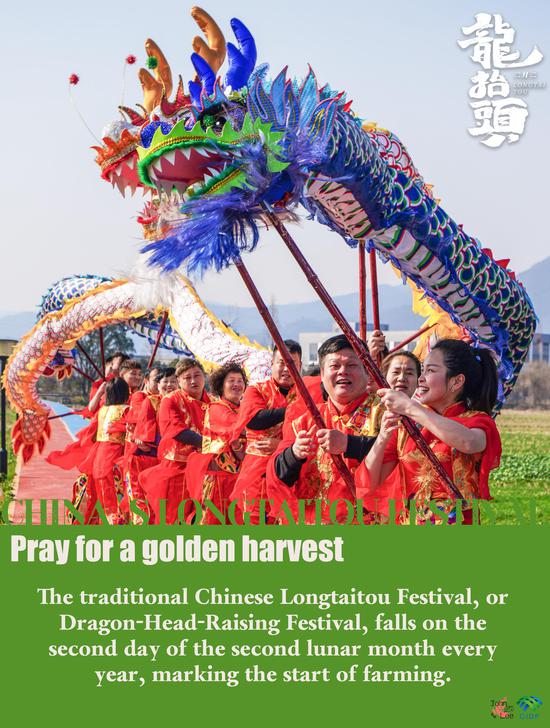

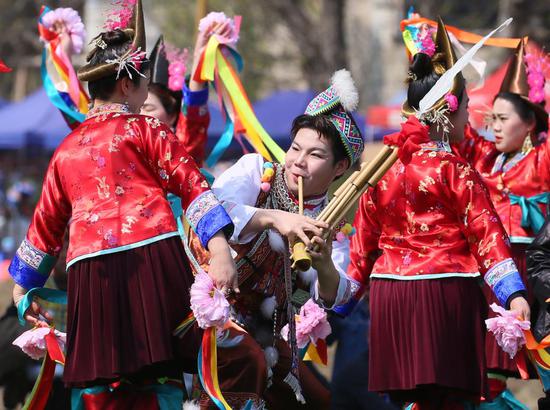

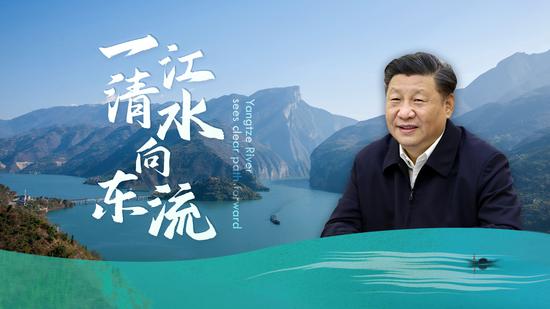



 京公网安备 11010202009201号
京公网安备 11010202009201号